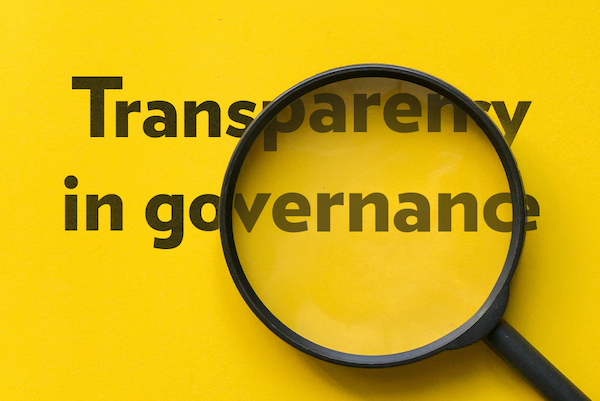Commentary

Wolf’s Business Shutdown is Broken, Here’s How to Fix It
These are unprecedented times, as people around the world and right here in our commonwealth face the risks and danger of the global pandemic. During a public health crisis, we must prioritize the health and safety of our fellow citizens, including our doctors and nurses, our first responders, and the vital workers who provide all of us with the necessities of life. But we must be prudent in the measures we adopt, so that the emergency actions we take don’t end up inadvertently hurting our citizens and making a bad situation worse.
Unfortunately, Governor Wolf’s shutdown of “non-life-essential” businesses has caused more than 1.1 million Pennsylvania workers to lose their jobs in the last three weeks alone. This unprecedented loss of income is certain to have catastrophic consequences that are only beginning to be felt. This historic unemployment and social isolation will not only have long-term financial ramifications, but significant mental and physical health implications.
There is a better path. While many states have ordered non-essential businesses to close, no other state has a waiver process like Pennsylvania's. It’s time for lawmakers to reform this flawed and unmanageable system.
It began on March 19 when Wolf ordered the closure of all “non-life-sustaining” businesses—with just three hours’ notice. The Wolf administration released a list of business categories deemed “life-sustaining,” which was changed four times since its original posting. At the same time, Wolf created a process by which businesses not formally designated “life-sustaining” could request a waiver to reopen.
But those businesses are required to shut down until an exemption is approved and provided. Though the Wolf administration suddenly stopped accepting waivers on April 3, more than 11,000 of the 42,000 business who applied remained in limbo, forced to close until they receive an answer.
Moreover, the waiver process is fraught with secrecy and inconsistency. There is no transparency about how decisions are made and who gets waivers, and businesses with political connections seem more likely to get a waiver. Wolf’s former company received a waiver that was only rescinded after public outcry. The company currently appears to be operating without a waiver. Planned Parenthood—which helped Wolf in his reelection—was given a waiver to perform abortions, despite a ban on elective surgeries. Some businesses are denied waivers while their competitors are allowed to stay open. Residential construction is shut down, but school construction is allowed.
Based on the best practices of other states, here are three steps to fix the broken waiver process.
- Allow businesses whose life-sustaining designation isn’t specified on the governor’s list to make a “good faith determination” with legal advice of their functions. Permit them to continue operations unless and until they hear otherwise from the administration.
- Maryland allows businesses whose designation is unclear to make a good faith determination based on the intent of the order, and how similar businesses are treated.
- Michigan has no formal government process for being designated as “essential” but allows individual companies to determine that based on state guidelines. Governor Whitmer does advise “if businesses are not sure if they're life-sustaining, assume they are not,” and willful violation of the order is a misdemeanor.
- Allow life-sustaining businesses to designate suppliers, distributors, and service providers necessary to their operation, as Michigan does. Only individual businesses have the knowledge to make this determination.
- Any business that determines it is life-sustaining, pending legal review, must demonstrate a plan to strictly adhere to the Center for Disease Control’s Guidance for Businesses and Employers DC, as well as all applicable Pa. Dept of Health and OSHA guidelines regarding social distancing and environmental cleaning and disinfection.